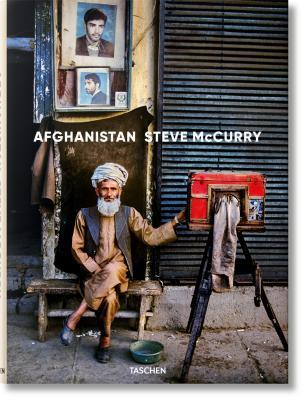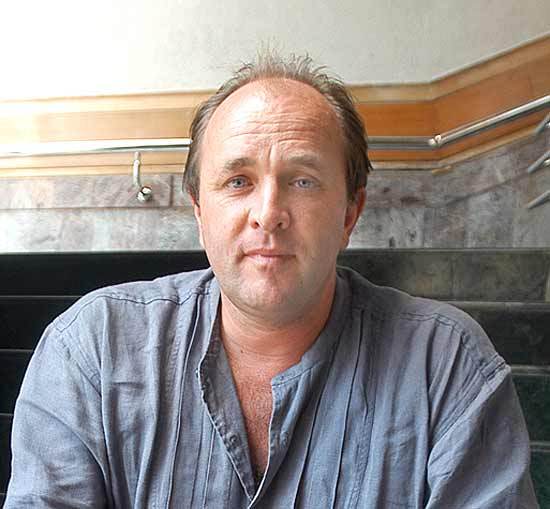
War and Grace Magnum photographer Steve McCurry's Afghanistan retrospective Afghanistan is a country overwhelmed by tribal rivalries, colonial wars, and geo-political conflict. The Afghans have always called their mountains "the land of rebellion." Yet born of such chaos, such entrenched conflict are these most breathtaking and beautiful of images. The distinguished American photographer Steve McCurry has traveled to Afghanistan regularly for more than 40 years: he is arguably the most accomplished photographer to work in the region. His famous 1984 portrait Afghan Girl—sad and haunting, but at the same time evoking remarkable grace and dignity—published on the covers of magazines around the world is perhaps his single most striking portrait. In common with so much of McCurry's work, it has a timeless, painterly quality—entirely at odds with the battle-torn backdrop of the region in which it was taken. Steve McCurry has always been subjected to the same dangers that are an inevitable part of life "on the road" for photographers. He has often ventured behind the lines, usually at great risk; his first assignment in Afghanistan in 1979 involved him dressing in Afghan robes in order to be smuggled across the border from Pakistan. That journey, into the treacherous, unpredictable landscape—territory controlled at various times by the Mujahideen, the Russians, and the Taliban—was one that McCurry would make many times. Many other photographers would follow in his footsteps. But none would return with such a flawless body of work.
Author

William Dalrymple was born in Scotland and brought up on the shores of the Firth of Forth. He wrote the highly acclaimed bestseller In Xanadu when he was twenty-two. The book won the 1990 Yorkshire Post Best First Work Award and a Scottish Arts Council Spring Book Award; it was also shortlisted for the John Llewellyn Rhys Memorial Prize. In 1989 Dalrymple moved to Delhi where he lived for six years researching his second book, City of Djinns, which won the 1994 Thomas Cook Travel Book Award and the Sunday Times Young British Writer of the Year Award. From the Holy Mountain, his acclaimed study of the demise of Christianity in its Middle Eastern homeland, was awarded the Scottish Arts Council Autumn Book Award for 1997; it was also shortlisted for the 1998 Thomas Cook Award, the John Llewellyn Rhys Prize and the Duff Cooper Prize. A collection of his writings about India, The Age of Kali, won the French Prix D’Astrolabe in 2005. White Mughals was published in 2003, the book won the Wolfson Prize for History 2003, the Scottish Book of the Year Prize, and was shortlisted for the PEN History Award, the Kiryama Prize and the James Tait Black Memorial Prize. William Dalrymple is a Fellow of the Royal Society of Literature and of the Royal Asiatic Society, and is the founder and co-director of the Jaipur Literature Festival. In 2002 he was awarded the Mungo Park Medal by the Royal Scottish Geographical Society for his ‘outstanding contribution to travel literature’. He wrote and presented the television series Stones of the Raj and Indian Journeys, which won the Grierson Award for Best Documentary Series at BAFTA in 2002. His Radio 4 series on the history of British spirituality and mysticism, The Long Search, won the 2002 Sandford St Martin Prize for Religious Broadcasting and was described by the judges as ‘thrilling in its brilliance... near perfect radio’. In December 2005 his article on the madrasas of Pakistan was awarded the prize for Best Print Article of the Year at the 2005 FPA Media Awards. In June 2006 he was awarded the degree of Doctor of Letters honoris causa by the University of St Andrews “for his services to literature and international relations, to broadcasting and understanding”. In 2007, The Last Moghal won the prestigous Duff Cooper Prize for History and Biography. In November 2007, William received an Honourary Doctorate of Letters, honoris causa, from the University of Lucknow University “for his outstanding contribution in literature and history”, and in March 2008 won the James Todd Memorial Prize from the Maharana of Udaipur. William is married to the artist Olivia Fraser, and they have three children. They now live on a farm outside Delhi.